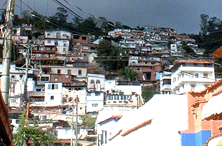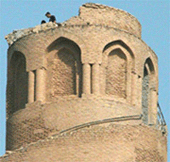
The Demise of a President, Constitutional Irrelevency and the Media That Failed to Notice
January 20, 2006 should have been heralded in headlines across the nation as a historical turning point in US history. Instead, Conyers et Ors Hearing on Domestic Spying, headed by Representative John Conyers, Jr. (D-Mich), was literally and figuratively held underground in the dark recesses of the nation's capitol building. The hearings, which featured a politically variegated roster of witnesses, took place in room B339 of the Rayburn House Office Building. The 'B' stands for basement. According to the Majority party, it was the only room available. This despite the fact that the briefing was held on a day when no other hearings were being held and the rest of Congress was on vacation.



.gif)